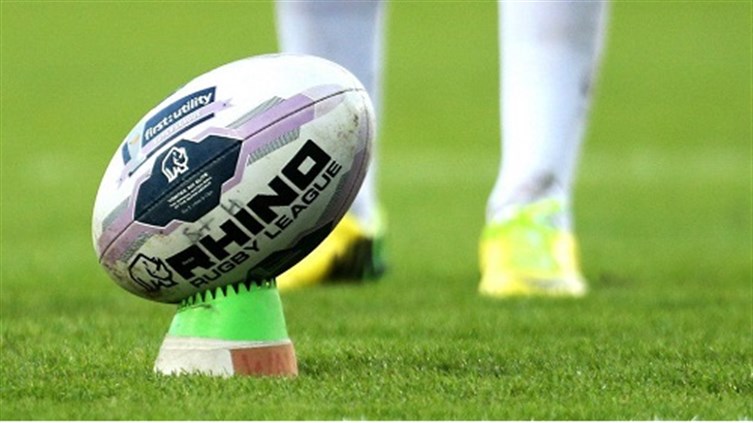A
+A
-Grand Final week is an emotionally draining time for any team. There’s the elation of qualifying, followed by the inevitable worries over injuries and gut-wrenching anticipation of the big game to come.
In Lebanon, a whole new level of stress was been thrown into the mix as civil unrest spiked last Thursday, forcing the Lebanese rugby league authorities to postpone their Grand Final just hours before it was due to kick off in Beirut.
For the Lebanese Rugby League Federation, which had fought against incredible difficulties to get a competition together at all, and for the two teams, Wolves RLFC and Lycan Grey Wolves RLFC, it was a disaster, but one that could not be avoided.
Now, against all odds, the game will take place just a week later than originally planned.
Lebanon has been gripped by political upheaval in recent months, which came to a head last week in clashes that saw six people killed in clashes and the army sent onto the streets.
It was described as the worst civil unrest in years, with many reports harking back to the dark days of the Lebanese Civil War, which lasted from 1975-1990 and the more recent 2008 conflict with Israel.
The latest wave of violence comes after a period that included the devastating Beirut port explosion that shocked the world last August, an ongoing economic crisis and, of course, the pandemic.
The country was already in a poor economic state before Covid struck, with hyperinflation and sovereign debt issues, with a strong protest movement that had already formed prior to the lockdowns of 2020.
Further economic damage was wrought by the pandemic, and the port explosion that killed over 200 people sparked a political crisis from which Lebanon is yet to emerge.
Nayef Albert Abi Said, CEO of the Lebanese Rugby League Federation, said that it was the combination of the lockdowns and the economic problems that had caused so many issues in even getting the season started, let alone getting to a conclusion with the Grand Final.
“It was really hard since we had to postpone resuming our activities in accordance with government restrictions,” he said.
“And as soon as we announced resuming our activities, the crisis deepened and we started facing more electricity blackouts, gas shortages, medicine shortages, and a currency devaluation that really affected our daily lives.”
“As a result, the cost of field services and staff increased for us as a Federation and for the clubs as well. We also faced a shortage of players due to the exodus of a lot of young Lebanese abroad.”
For the players, overcoming adversity is nothing new at this stage: they are paying out of their own already stretched budgets to pay.
“The conditions for players were not favorable at all,” said Abi Said. “First, most clubs had to restart training after almost 18 months of no activities due to Covid as well as decreasing the number of weekly training sessions to lower costs due to the economic crisis.”
“Secondly, players had to sacrifice time and valuable financial recourses they have in order to train and get to games. Then, we had to postpone a few matches when we conducted rapid tests for players on game day, just before entering the stadium, and found positive cases among players.”
The well of enthusiasm for rugby league in Lebanon, plus the carrot of a Rugby League World Cup in 2022, is what has kept the game going during its most challenging year.
The Cedars, the national team, are drawn largely from professional players based in the Lebanese-Australian community in Sydney, but the game is strong at the grassroots level in Lebanon, and the domestic competition has been in existence since 2003.
“The Lebanese Rugby League Federation strongly believes in the game and its bright future in Lebanon and due to the players’ commitment and passion, we were able together to overcome all the barriers and make it successfully to the Grand Final,” said Abi Saif.
“The World Cup is what we live for. The Grand Final is the coronation of a successful season that featured the best clubs and reflects a healthy competition.
“We hope after completing the final, we cross an important milestone, especially taking into consideration all the factors negatively affecting us.”
“This Grand Final will boost the morale of the players and keep them interested and enthusiastic about the game, so that they can be properly prepared and motivated to train harder and compete among each other so that we can have a higher number of qualified players capable of representing our beloved country in the Rugby League World Cup next year in October.”
“I refuse to be anything but optimistic and positive about the growth of Rugby League in Lebanon.”


